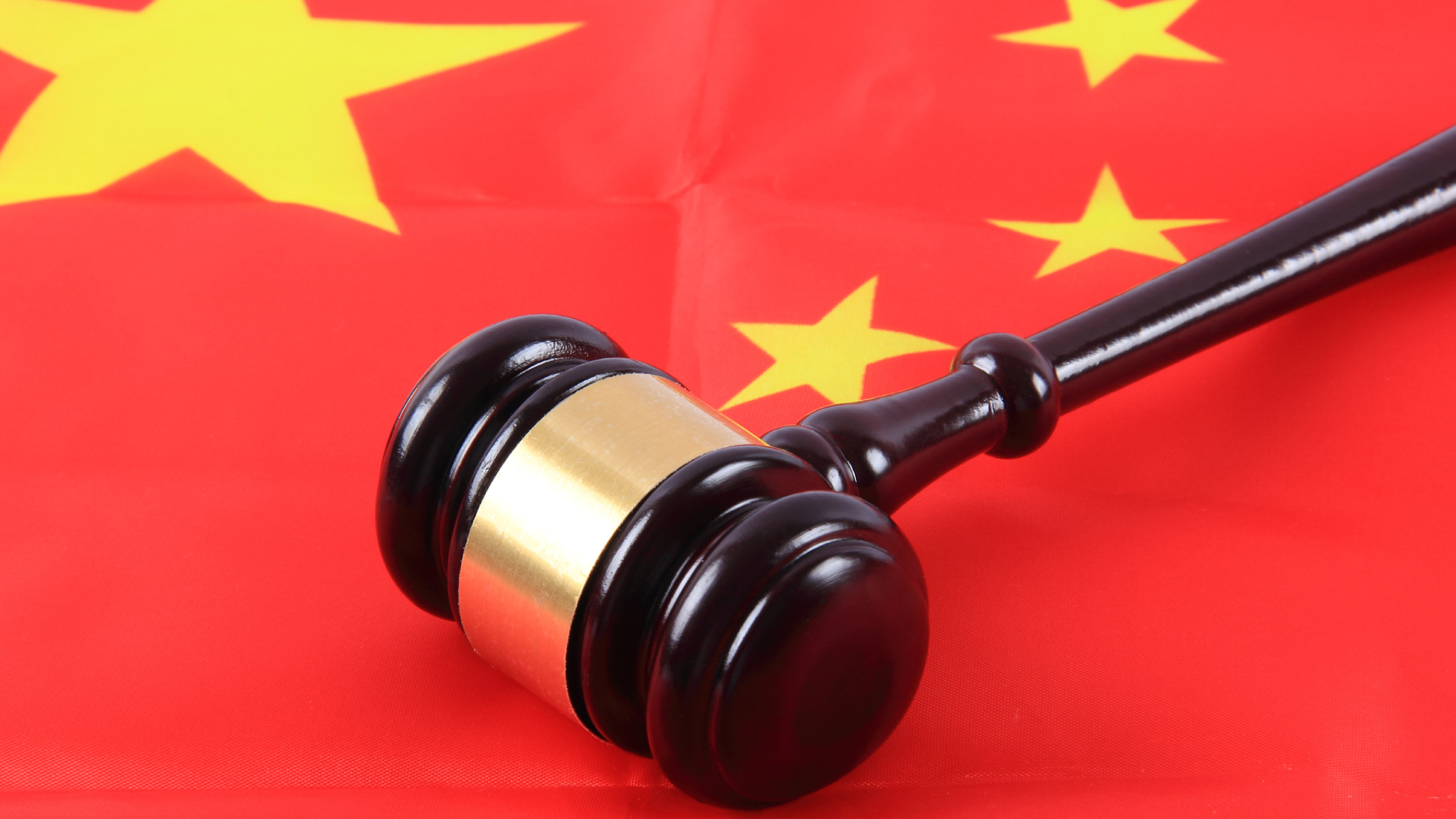Here’s Why the Hang Seng Index Tumbled by Over 4% Today
July 26, 2021

What happened?
In Hong Kong, the benchmark Hang Seng Index tumbled 4.1% as stocks were battered by negative sentiment surrounding a set of reforms that were released over the weekend.
Targeting the after-school tutoring industry in China, the government said the private education industry had been “hijacked by capital”.
The upshot from the government’s rage is that private education firms that teach school curriculums are to be banned from making profits, raising capital or going public – a deadly policy concoction for a business if implemented.
It also comes only a few weeks after the market furore that followed Didi Global Inc’s (NYSE: DIDI) IPO in the US. That resulted in Didi’s app being banned from new downloads on app stores and a massive sell-off in the tech sector.
Today’s market reaction was even more violent with education technology stocks such as New Oriental Education & Technology Group Inc (SEHK: 9901) (NYSE: EDU) down 47% today, adding to its 40% drop on Friday.
Meanwhile, big tech stocks also suffered with Tencent Holdings Ltd (SEHK: 700) down 7.7%, Alibaba Group Holding Ltd (SEHK: 9988) (NYSE: BABA) down 6.4% and Meituan Dianping (SEHK: 3690) down 13.8%.
So what?
It’s become clear for investors in China, they must be invested in companies that are on the right side of the central government.
The private education sector was already under pressure earlier this year as it was rumoured that reforms to rein in the industry were pending.
However, the severity and swiftness of the clampdown on the sector has taken many investors by surprise. Unsurprisingly, that has sent a chill through the rest of the high-growth technology sector in China markets.
The Hang Seng TECH Index, which tracks 30 of the largest Chinese technology firms listed in Hong Kong, got absolutely smoked today – falling 6.6% as investors fled tech stocks.
Now what for investors?
The reforms announced over the weekend were much harsher than anyone would have assumed.
For investors who believed that the squeeze on China’s tech firms was easing up, they may have been caught out.
It’s definitely too early to bottom-fish on any of these education technology stocks (given their businesses could be completely devoid of profits in future).
Even within the rest of technology in China, the large-cap tech platform stocks will always be scrutinised as long as they wield influence that the Chinese Communist Party deems threatening to its grip on power.
As a result, it might make sense to explore long-term opportunities in smaller, up-and-coming technology firms as well as “inoffensive” sectors such as consumer discretionary and financials.
Disclaimer: ProsperUs Head of Content Tim Phillips doesn’t own shares of any companies mentioned.

Tim Phillips
Tim, based in Singapore but from Hong Kong, caught the investing bug as a teenager and is a passionate advocate of responsible long-term investing as a great way to build wealth.
He has worked in various content roles at Schroders and the Motley Fool, with a focus on Asian stocks, but believes in buying great businesses – wherever they may be. He is also a certified SGX Academy Trainer.
In his spare time, Tim enjoys running after his two young sons, playing football and practicing yoga.






